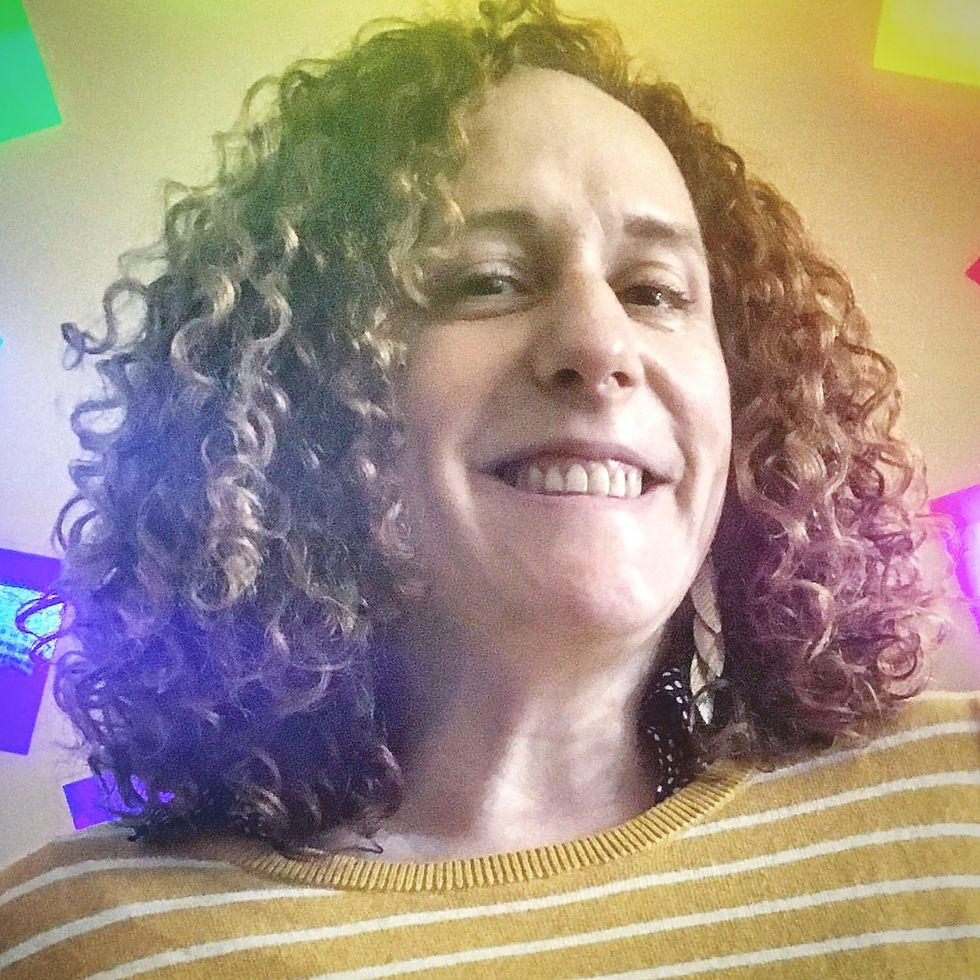Mental Health and Aging
- Austin STRONG: RBC
- Jan 14, 2019
- 3 min read

Part 1: General Introduction to Mental Health and Aging
Have you ever forgotten your keys or misplaced a monthly bill? Forgetfulness can be part of normal aging. Occasionally making bad decisions, forgetting what day of the week it is only to remember it later, or not being able to recall a particular word may be part of normal decline. However, regularly experiencing problems paying bills or losing track of time altogether may be indicators of a larger problem. Intermittent forgetfulness is normal, chronic forgetfulness can be a source for concern.
This blog post is part one of three discussing dementia and therapy. This first post will be a general introduction. In this section, we will discuss what dementia is, diagnosis, and the stages of dementia. The second post will discuss how therapy can help clients with dementia. The third post will outline how therapy can help the families and caregivers of people with dementia.
What is Dementia?
Dementia is cognitive impairment that is severe enough to interfere with daily functioning. This cognitive decline could include any of following areas: attention, language, reasoning, memory, judgement, spatial perceptions, and social skills. While Alzheimer’s disease is the most common cause of dementia, other causes include brain degeneration, vascular disease, traumatic brain injury, substance use, Parkinson’s disease and others. The percentage of individuals who will have dementia increases as the population increases in age. At sixty years old only 5-7 percent of the general population will be diagnosed. By eighty however, the number increases to 35-50 percent. In the United States 5.4 millions have been diagnosed with this disease.
Diagnosis
Not knowing what is wrong with you or a loved one can be intensely frustrating and worrisome. Having a name for the disorder can be very calming and comforting. Having clarity and being able to focus on the problem can help. Your family doctor is a good place to start if you have any concerns about a decline in mental capabilities due to aging. A primary care physician can use simple tests to evaluate you or your loved one for dementia. Additionally, we here in Austin, Texas are blessed to live in a city with a medical school. There are specialists—like geriatricians, neurologists, and psychiatrists—in Austin that specialize in Alzheimer’s disease and dementia. They use brain scans to determine if there is a concerning medical difference in your or your loved one’s brain functioning. Before you go, it would behoove you to collect your medical records and keep a journal of symptoms to present to the doctor.
Stages of Dementia
Dementia is a progressive disease. The stages are used as shorthand in order for medical professionals to quickly grasp what a patient's abilities and needs are. Understanding the stages of dementia can help families to plan ahead for changes.
There are several scales that physicians use. Some overlap quite a bit. Below you will find a quick review of Dr. Reisberg’s Global Deterioration Scale that was originally published in 1982 and is still used as a measurement of stages of mental deterioration today..
Stage 1: No deficits are apparent
Stage 2: Forgetfulness State — Possible Mild Cognitive Impairment
Stage 3: Early Confusional State — Mild Cognitive Impairment
Stage 4: Early Stage — Mild Dementia
Stage 5: Early Middle Stage — Moderate Dementia
Stage 6: Middle Stage — Moderately Severe Dementia
Stage 7: Late Stage — Severe Dementia and Failure to Thrive.
How Therapy can Help:
Counseling can benefit the person with dementia, the caregivers, and their families. Therapy can be a supportive atmosphere to explore the changes that are anticipated. A therapeutic bond is created whereby both the identified patient and the web of caregivers can receive support. Candid conversations can take place in this space and wide range of emotional responses can be explored.
The next blog post will be an exploration of how people with dementia can benefit from therapy. The third post will cover how counseling can support caregivers and families of people with dementia.
--

This is part one in a three part series on Mental Health and Aging by Karen Goldsum, M.A., LPC-Intern for Austin STRONG: Relationship Building Center.
If you or your loved one is needing support and therapy around a recent or ongoing diagnosis of dementia, please reach out. You can book a free phone consultation through the booking portal at www.austinstrongrbc.com/book-online-1 or contact Karen directly at: karen@austinstrongrbc.com







Comments